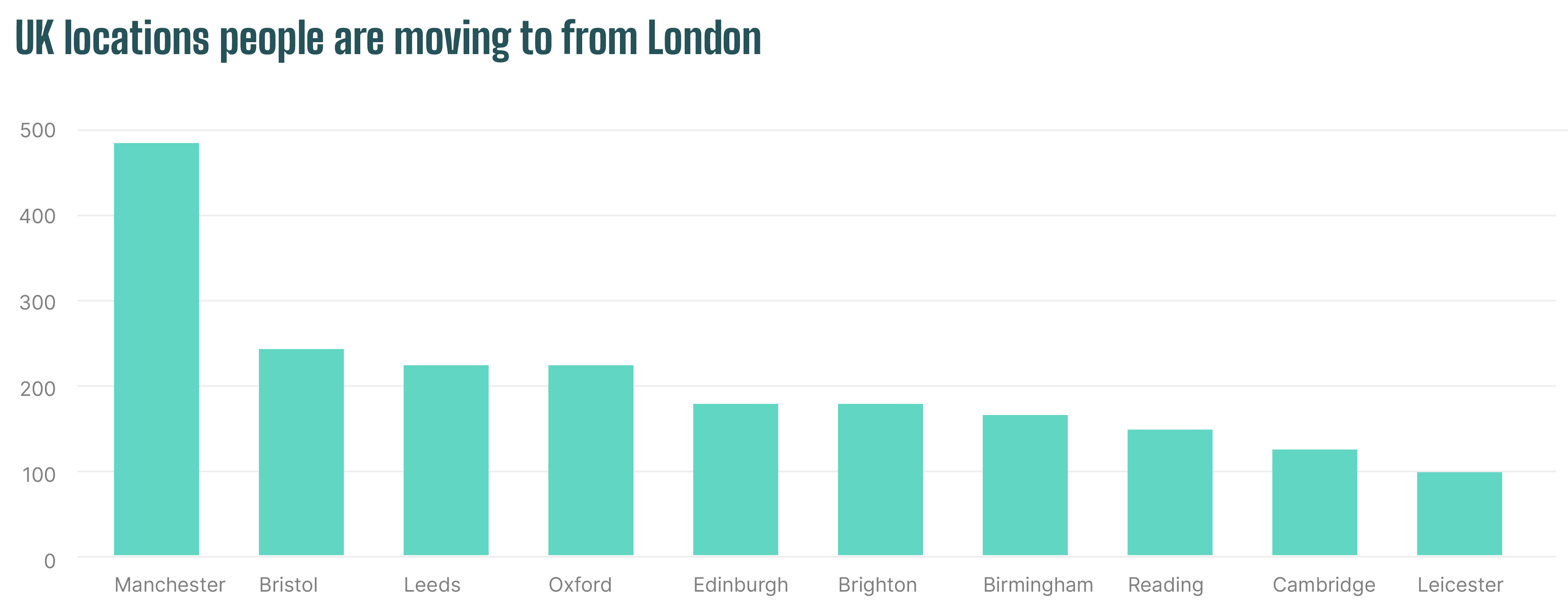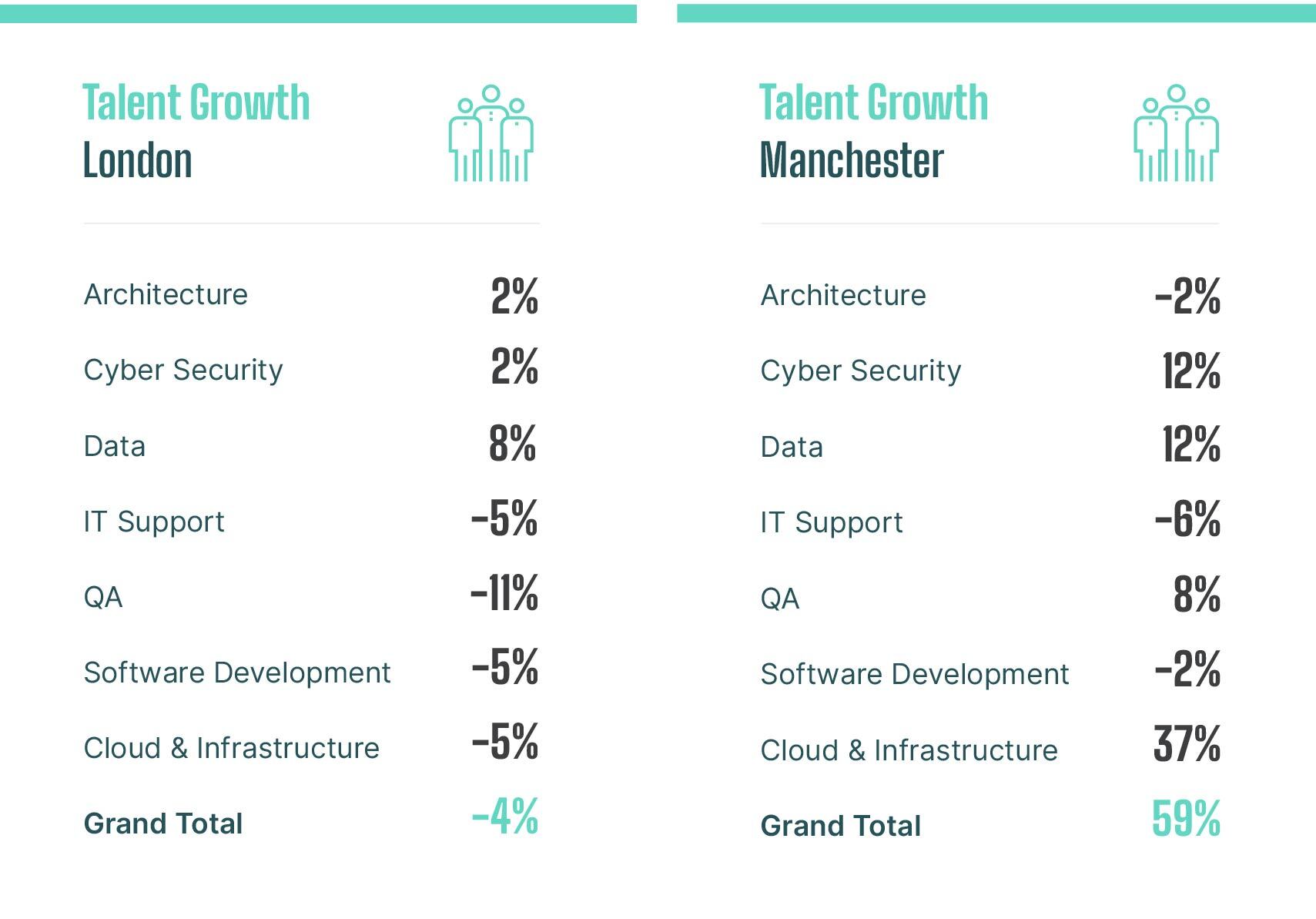
The North West ‘Cyber Corridor’: What you need to know
Posted June 19, 2024What the growth of the North West means for the Cyber community
For the tech and digital sectors, the North West region is growing from strength to strength. This is true especially for the world of Cyber security. The need for enhanced Cyber security is now engrained in our day to day lives, from protection against a simple scam to massive company data breaches. On a national level the way that wars are fought and won is changing, they are less in the physical world and more in cyber space.
This short blog aims to provide information regarding the Government’s priority of Cyber security at a national level, how the creation of the National Cyber Force directly supports that strategy and from there how a Cyber ecosystem has been created in the North West region.
The National Cyber Strategy 2022
In 2022 the UK Government released their National Cyber Strategy, enforcing the importance of strengthening Cyber security on a national level and establishing the UK as a responsible and democratic cyber power.
To do this the strategy is built around five core pillars:
- Strengthening the UK cyber ecosystem, investing in our people and skills and deepening the partnership between government, academia and industry
- Building a resilient and prosperous digital UK, reducing cyber risks so businesses can maximise the economic benefits of digital technology and citizens are secure online and confident that their data is protected
- Taking the lead in the technologies vital to cyber power, building our industrial capability and developing frameworks to secure future technologies
- Advancing UK global leadership and influence for a more secure, prosperous and open international order, working with government and industry partners and sharing the expertise that underpins UK cyber power
- Detecting, disrupting and deterring our adversaries to enhance UK security in and through cyberspace, making more integrated, creative and routine use of the UK’s full spectrum of levers
This strategy is representative of how the UK will defence itself in Cyber space, how it will boost the tech sector and therefore the economy but mostly also how it will be perceived by other nations. The biggest example of the UK Government’s commitment to Cyber defence is the creation of the National Cyber Force.
The National Cyber Force
In November 2020 the National Cyber Force (NCF) was announced – a partnership between intelligence and defence. A joint venture of GCHQ, the Ministry of Defence (MoD), the Secret Intelligence Service (SIS) and the Defence Science and Technology Laboratory (DSTL).
The aim of the NCF is simple, to protect the UK. It will do this in 3 ways;
- Countering threats from terrorists, criminals and states using the internet to operate across borders in order to do harm to the UK and other democratic societies.
- Countering threats which disrupt the confidentiality, integrity and availability of data and services in cyberspace (i.e. supporting cybersecurity).
- Contributing to UK Defence operations and helping deliver the UK’s foreign policy agenda (for example intervening in a humanitarian crisis to protect civilians).
NCF Headquarters are based in Samlesbury, Lancashire, cementing the North West region as the Cyber hub of the UK. With plans to hold 3000 employees it is both an economic and skills boost. In an area of excellent technical academia and creative minds, it will not only provide alternative career opportunities but also bring a new and exciting diverse workforce for the UK Government/ Intelligence Services which can only bring further benefit.
The aims and objectives of the NCF can directly be related to the national Cyber Strategy. Yes, it will be an intelligence hub for cyber defence but more so it’s collaborative nature with SME’s and academia will mean huge advancements in forward thinking tech and nurturing of skills. The movement towards the North West brings the spotlight to a vibrant digital economy where an exciting ecosystem is starting to emerge.
The Cyber Corridor
The ‘Cyber Corridor’ as it has now aptly been named is much larger than just the stretch between Manchester and Lancashire, it also includes Liverpool, Cumbria and Cheshire and Warrington.
In a report from Lancaster University it is estimated that the North West region has 300 cyber security companies. This is an extensive network of larger providers, SME’s and consultancies supporting all sectors. In support of the joint venture of NCF many large ‘Primes’ have also established a presence in the region where they may typically have been found in the London and South West areas.
Their findings on economic potential shows extraordinary growth of up to £2.7bn per annum in Gross Value Added for the North West economy, and could cumulatively generate £22.4bn in GVA for the North West between 2022 – 2035.
Whilst the North West region has an outstanding Higher Education presence offering Cyber and IT based courses, the skills gap is something that still needs to be addressed. The education and awareness is happening for future generations but this immediate drive for growth depends on those already in the sector. Additionally to that, for the Defence, Government and National Security sectors there is a further reduction in available skilled talent due to security clearances and presence in the region. A large portion of this experienced community are in the South West and London areas where the work has historically been so there must either be an incentive for those to move, which can be costly, or a thought to how we can revolutionise the process for local talent.
How do I get involved?
Get involved in the community! If you’re reading this then you’re already on your way but an active contribution in the network would provide massive benefit.
Membership for the North West Cyber Security Cluster is free to anyone based in the North West with an interest in cybersecurity. Via UK Cyber Cluster Collaboration(UKC3) there are similar clusters for other UK regions.
NWCSC hold regular webinars and in person events across the region for both knowledge gain and networking with your peers. Their next event will be on 28th June in Salmesbury looking at ‘The Fight Against Cyber Threats’.
This is a fast moving sector so I would urge you to be aware of changes within the market and to work with experts in the area, it’s important to keep a keen eye on the action and access to opportunity. Sanderson Government and Defence is very proud to be partnered with several Cyber organisations and to directly support NCF and the wider Cyber network.


